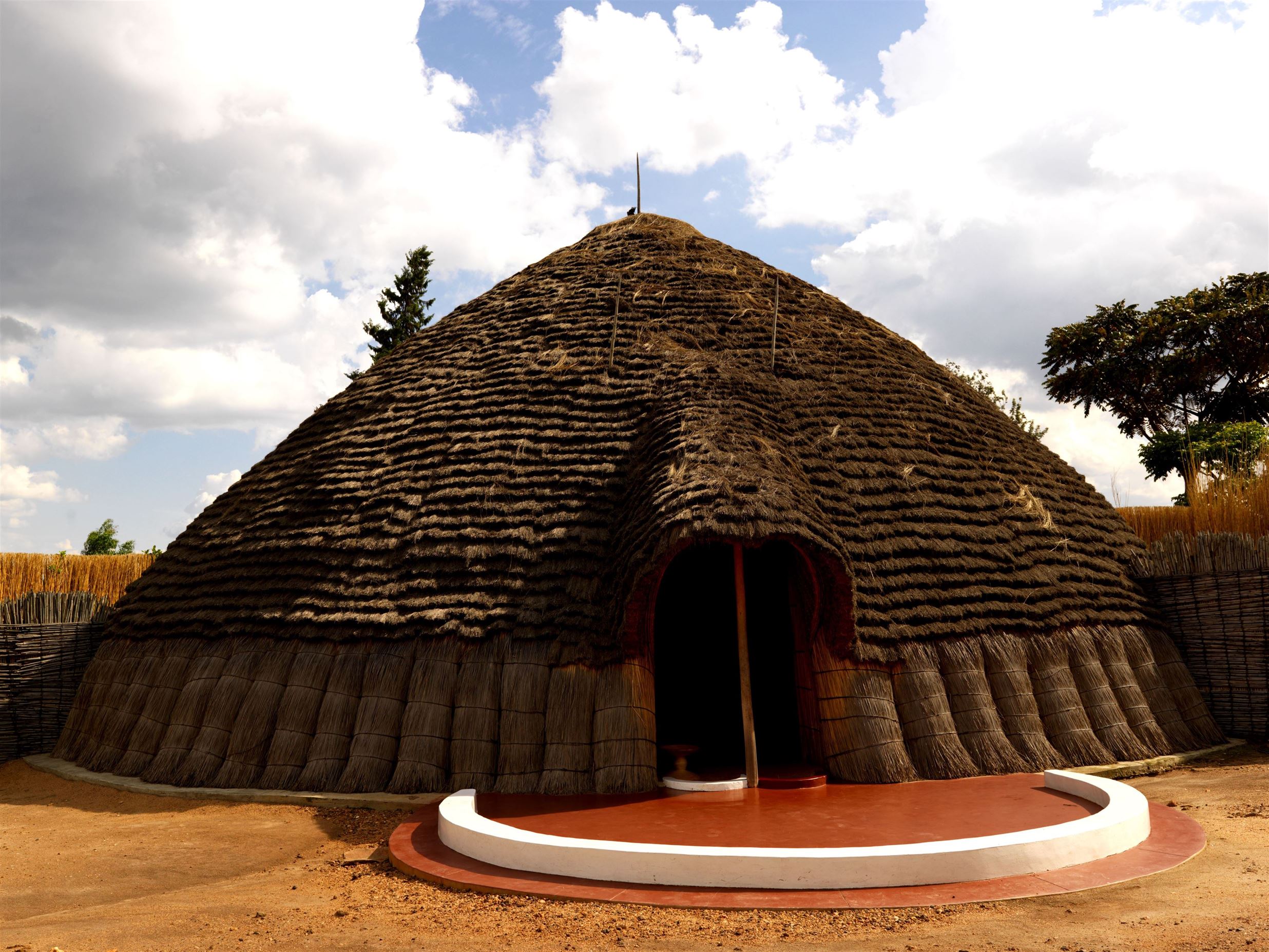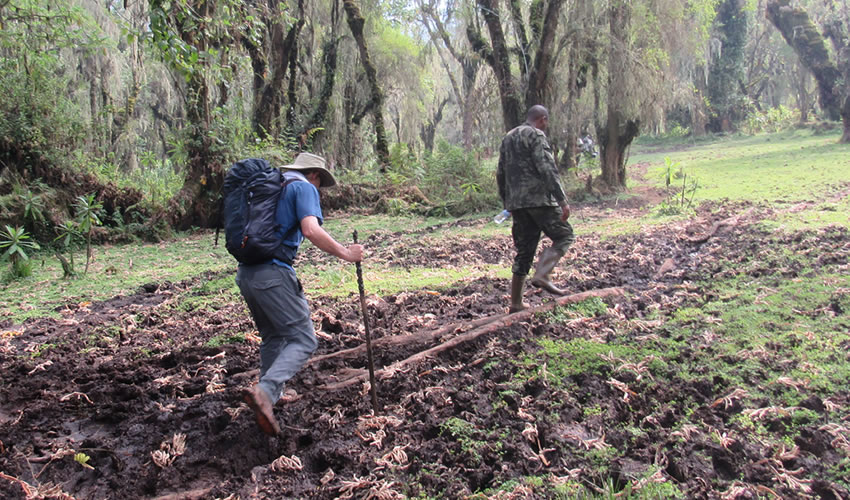In the thick forests of Central and East Africa, gorillas live in close-knit families called…

Community-Based Rwanda Tourism
Rwanda, renowned for its breathtaking landscapes and rich biodiversity, is also a leader in community-based tourism. This approach to travel prioritizes the well-being of local communities and the preservation of cultural and natural resources, offering visitors an opportunity to engage in meaningful experiences that also benefit the host communities. Community-based tourism in Rwanda provides a unique way to explore the country while making a positive impact. Here’s a guide to understanding and participating in community-based tourism in Rwanda.
1. Understanding Community-Based Tourism
Community-based tourism (CBT) is a model that emphasizes collaboration between tourists and local communities. It aims to create sustainable economic opportunities for residents, preserve cultural heritage, and protect the environment. By engaging in CBT, travelers contribute to local development while gaining an authentic experience of the country’s culture and way of life.
Core Principles:
- Local Empowerment: Involves local communities in decision-making and ensures they benefit directly from tourism activities.
- Cultural Preservation: Encourages the preservation and promotion of local traditions, crafts, and customs.
- Environmental Sustainability: Promotes eco-friendly practices that protect natural resources and minimize environmental impact.
2. Participating in Community-Based Tourism Initiatives
Rwanda offers several community-based tourism initiatives that allow travelers to experience the country’s culture and landscapes while supporting local development. Here are some notable examples:
Nyamirambo Women’s Center
Located in Kigali, the Nyamirambo Women’s Center (NWC) is a community-based organization that promotes women’s empowerment through tourism.
- Walking Tours: Participate in guided walking tours of the Nyamirambo neighborhood to learn about local life, traditions, and history.
- Cultural Activities: Engage in cooking classes and craft workshops that showcase traditional Rwandan skills and cuisine.
- Impact: Proceeds from tours and activities support women’s education, health, and business initiatives.
Iby’Iwacu Cultural Village
Near Volcanoes National Park, the Iby’Iwacu Cultural Village offers immersive cultural experiences.
- Traditional Performances: Watch performances of traditional Rwandan music and dance.
- Craft Demonstrations: Learn about traditional crafts such as basket weaving and pottery from local artisans.
- Community Involvement: The village supports local families and provides them with sustainable income opportunities through tourism.
Gikongoro Community Tourism
Gikongoro, located in the Southern Province, offers visitors the chance to experience rural life and engage with local communities.
- Farm Visits: Tour local farms to learn about traditional agricultural practices and participate in farming activities.
- Homestays: Stay with local families to experience daily life and enjoy home-cooked meals.
- Conservation Efforts: Support local conservation initiatives aimed at protecting natural resources and wildlife.
Kigali Genocide Memorial and Community Tours
While primarily a historical site, the Kigali Genocide Memorial also supports community-based projects.
- Educational Programs: Engage with educational programs that promote reconciliation and understanding.
- Community Support: Contributions from visitors help fund local initiatives focused on community development and support for survivors.
3. Benefits of Community-Based Tourism
Community-based tourism provides numerous benefits for both travelers and host communities:
For Travelers:
- Authentic Experiences: Gain a deeper understanding of local culture and traditions through direct interactions with residents.
- Meaningful Engagement: Contribute to positive social and economic change by supporting local businesses and initiatives.
- Cultural Exchange: Build relationships with local people and learn about their way of life in a respectful and immersive manner.
For Host Communities:
- Economic Opportunities: Generate income through tourism activities that support local businesses and create jobs.
- Cultural Preservation: Promote and preserve cultural heritage by involving community members in tourism activities.
- Environmental Protection: Encourage sustainable practices that protect natural resources and reduce environmental impact.
4. Tips for Responsible Community-Based Tourism
To ensure that your participation in community-based tourism is respectful and impactful, consider the following tips:
- Respect Local Customs: Learn about and adhere to local customs and traditions to show respect for the community.
- Support Local Businesses: Choose accommodations, tours, and products that are operated by local residents and contribute to their economic well-being.
- Be Environmentally Conscious: Follow eco-friendly practices, such as reducing waste and conserving resources, to minimize your environmental footprint.
- Engage Thoughtfully: Approach interactions with community members with curiosity and respect, and avoid behaviors that may be intrusive or exploitative.
Conclusion: Travel That Enriches Both You and the Community
Community-Based Rwanda tourism offers a unique and enriching way to explore the country while making a positive impact on local communities. By participating in these initiatives, you not only gain authentic experiences but also contribute to the economic and cultural well-being of Rwanda’s communities. Embrace the opportunity to travel responsibly, support sustainable development, and create meaningful connections with the people you meet along the way.



